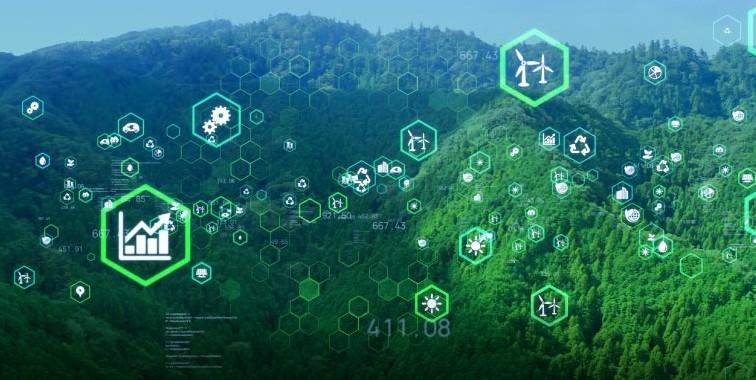The future environmental challenges confronting our planet are undeniably substantial and serious.
The graph provided below depicts the global temperature index spanning from the year 1880 to the present day, along with projections for the year 2100. This visual representation serves as a stark reminder of the profound environmental challenges our planet faces.
Global temperature index (Cº degrees average difference)

Source: IPCC 2013 AR5: The Physical Science Basis, World Bank: Turn Down The Heat; UN IOM; CNRS 2019 press release.
Among the key issues, a concerning trend emerges: a staggering 50% decline in precipitation across the MEA, posing a grave threat to water resources and agriculture.
Additionally, the data reveals that more than 70% of the Earth’s landmass is grappling with highly unusual heat extremes, disrupting ecosystems, agriculture, and human habitation. Agricultural yields have already witnessed a substantial 60% decrease, raising concerns about global food security.
One of the most alarming aspects of these environmental changes is the projected sea-level rise of over 1 meter, which could inundate coastal areas, displacing millions and causing extensive economic damage. Furthermore, the decline in ecosystems and the loss of glaciers on inhabited continents are indicative of the profound ecological transformations unfolding before our eyes.
These challenges are compounded by high social vulnerability, potentially affecting between 250 million to over 1 billion people. In the face of these real and severe threats, it is imperative that we take decisive action to mitigate their impact and work towards a sustainable and resilient future for our planet and its inhabitants.
Sustainability is a global concern, with challenges arising from factors like industrialization and the finite resources available on our planet. The impact of climate change is already disrupting various aspects of society, including operations, supply chains, and economies. Urgent progress is essential. To effectively address these issues, accurate data on carbon emissions is crucial. This requires the development of technology capable of collecting and consolidating such data.
Microsoft Cloud for Sustainability plays a vital role in promoting a data-centric approach to sustainability.
Climate scientists unanimously stress the need for immediate and aggressive action to accelerate decarbonization efforts. Stakeholders and regulators are increasingly pressuring organizations to report and reduce their carbon emissions. In the coming decade, it is expected that corporate reporting on carbon emissions will become mandatory, necessitating carbon accounting.
Carbon accounting involves the measurement of greenhouse gas emissions by organizations. This process is essential for organizations to comprehend their environmental impact and comply with emissions reporting requirements. However, organizations encounter several challenges:
- Lack of global standards and inefficient manual processes for recording and calculating emissions. Some still rely on Excel spreadsheets to manage diverse and siloed data, leading to inefficiencies in data retrieval, both internally and from suppliers. These practices are time-consuming, error-prone, and hinder compliance with regulatory demands.
- Transparency within the value chain is another challenge. Organizations require visibility into the environmental footprint of their entire operations, products, and value chain partners, both upstream and downstream. Achieving supply chain visibility is a critical aspect of sustainability but is challenging to attain.
To address these challenges, new technologies are essential to deliver intelligence reliably and at scale. These technologies elevate teams’ productivity levels, enabling them to meet the growing sustainability imperative. Innovative solutions are needed to gather and analyze sustainability-related data, identify patterns, and leverage insights to establish and execute sustainability goals.
Microsoft has developed a Sustainability Manager which is a robust system designed to serve as a dependable repository, guiding and empowering sustainable transformations. With Sustainability Manager, Micorsoft address the critical challenge facing companies today: the need to adopt a data-centric approach to overcome some of their most formidable hurdles. This platform streamlines the collection, integration, and analysis of data originating from diverse sources, arriving in various formats and at different intervals.
Microsoft Sustainability Manager represents an adaptable solution that harmonizes data intelligence, delivering organizations a progressively automated and all-encompassing perspective on the emissions impact throughout their operations and value chain. This powerful tool not only facilitates the accurate recording and reporting of emissions but also enables ongoing testing and optimization of reduction strategies, driving companies closer to their sustainability objectives.

